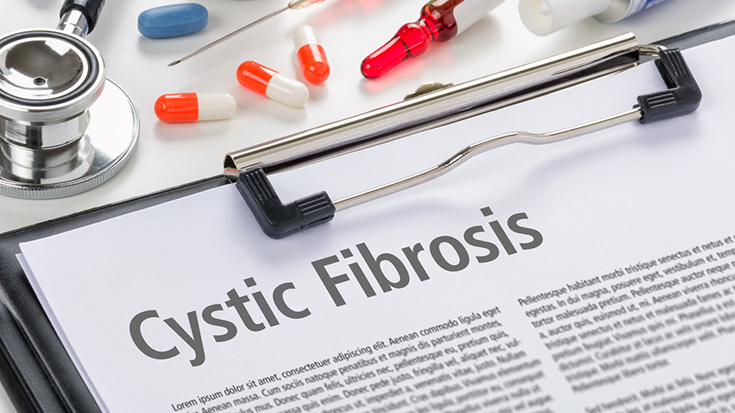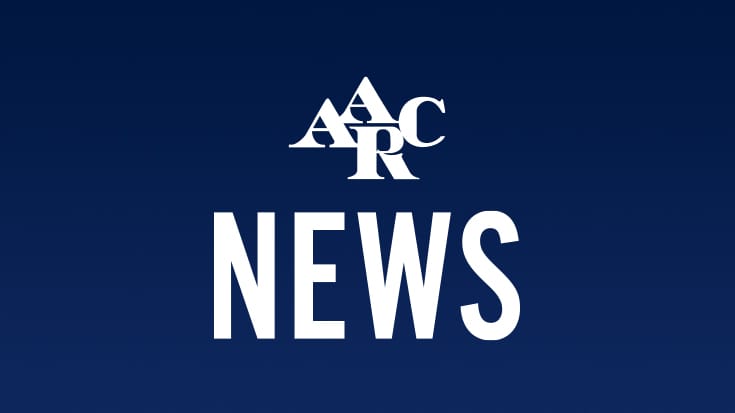
Respiratory therapists may soon see a change in the way their cystic fibrosis (CF) patients are diagnosed with the disease. An international group of researchers publishing in a supplement to this month’s edition of The Journal of Pediatrics has developed a new set of guidelines that widen the diagnostic criteria.
The Cystic Fibrosis Foundation guidelines are based on the Clinical and Functional TRanslation of CFTR (CFTR2) study, which was developed to define and categorize the 2,000 known mutations of the CFTR gene, some of which lead to CF and some of which do not. So far, about 300 of the mutations have been described.
CFTR mutations are now categorized as either cystic fibrosis causing, mutations of varying clinical consequence, non-cystic fibrosis causing, or unknown.
The new guidelines also lower the threshold for “possible” CF from 40 millimoles of chloride per liter of sweat to 30 millimoles per liter for all ages, which means those with a chloride level between 30 and 40 millimoles per liter who were previously considered unlikely to have CF will now be reconsidered as possibly having CF or a related disease.
Diagnostic criteria for individuals diagnosed outside of newborn screening have been formulated as well. While newborn screening identifies most cases of CF in the U.S., many countries do not screen for the disease in newborns, and even in the U.S. one third of CF cases identified in 2014 were identified outside of newborn screening.
The new diagnostic guidelines are expected to help personalize treatment for the disease. “Therapies exist for individuals with certain mutations,” author Patrick Sosnay, MD, assistant professor of medicine at the Johns Hopkins University School of Medicine, was quoted as saying. “The compilation and availability of all this data can lead to more personalized medicine if people know what mutation(s) they have and seek appropriate care.”
The new CF diagnosis consensus guidelines are considered a substantial update from the 23-mutation panel that has been in use since 2004.
Email newsroom@aarc.org with questions or comments, we’d love to hear from you.













